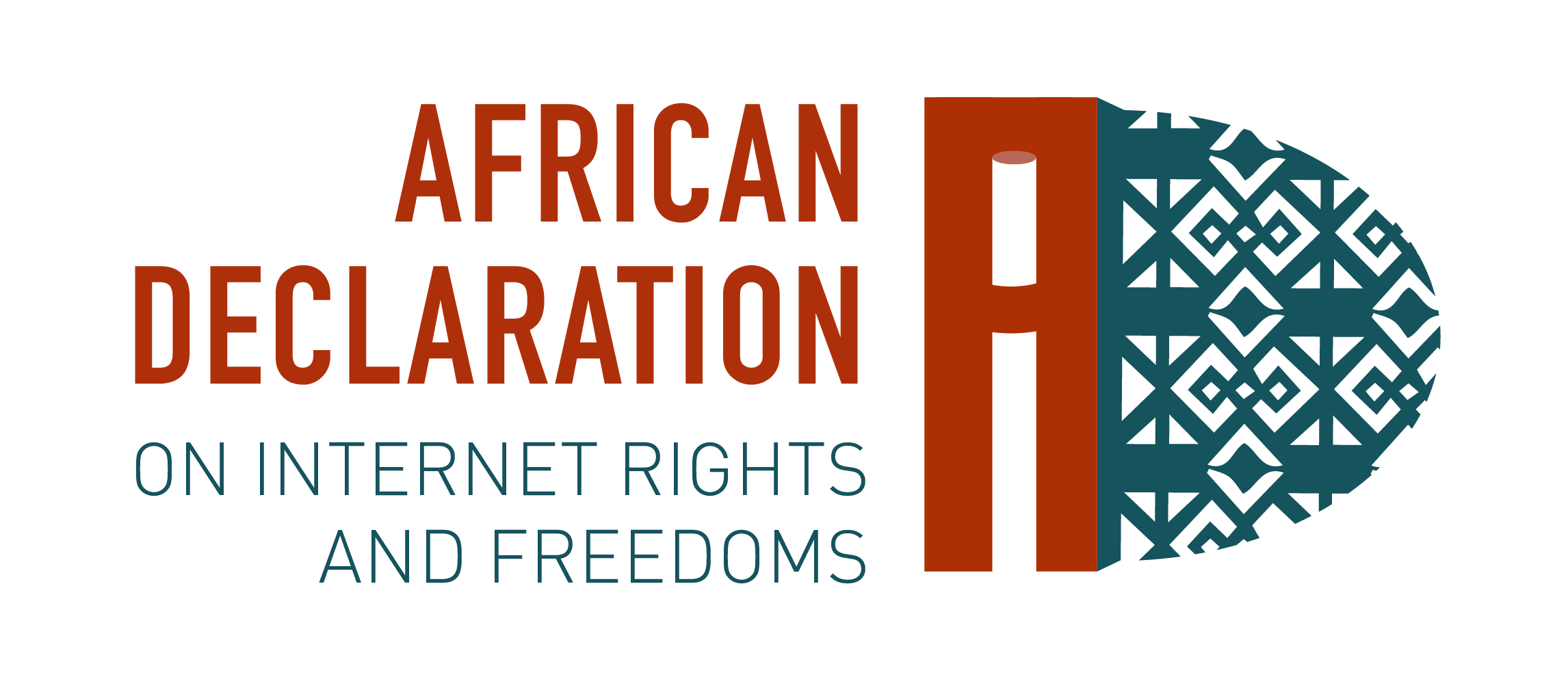APC is mobilising for the 18th annual Internet Governance Forum (IGF) that will take place in hybrid format, both online and offline, from 8-12 October 2023 in Kyoto, Japan. This page offers everything you need to know about APC at IGF 2023.
Personal data protection laws have proliferated across the Asia-Pacific but they are often misused to abuse citizens’ right to privacy. We must examine their autocratic bent in the context of a global framework like Europe’s GDPR which is also regularly abused.
How can the internet of things (IoT) be used to promote environmental justice? On Thursday, 21 September, APC will dedicate its monthly #EcoThursday initiative to exchanges around this issue through our social media and platforms.
Statement
APC statement: Advancing the 2030 Agenda through inclusive and rights-respecting digital policyThis statement was presented at a ministerial meeting convened by the Freedom Online Coalition (FOC), which brought together high-level representatives of FOC member states and other relevant stakeholders in New York on the margins of the 78th session of the United Nations General Assembly.
Talking points
Overview of the manifestations and impacts of technology-facilitated gender-based violence and the need for safety by designTechnology-facilitated gender-based violence (TFGBV) not only hurts women and girls, it impacts on society as a whole, making our societies less peaceful and safe and our democracies less diverse and plural. It is pervasive and constitutes both a cause and an effect of gender inequality.
Policy brief
Assessing the level of respect of the Internet rights and freedoms in Africa: Burundi, Cameroon, Congo, Ivory Coast, Senegal and Chad study casesOrganisations and independent experts from six Sub-Saharan African countries that share French as one of their national languages have developed an approach for assessing the level of respect for human rights online by their governments: the African Index of Internet Rights and Freedoms.
Manual
Feminist Tech Exchange: StorytellingThis manual is for trainers using storytelling as a feminist approach to facilitate space for activists to tell their stories in their own voices.
Manual
Feminist Tech Exchange: Sexuality and internet governanceThis manual is particularly designed to encourage participants to examine issues of power, control and relationships, and to think of strategies to advance sexuality rights in the political space of internet governance.
This module presents a step-by-step approach to creating a Gincana, an online learning process aimed at defenders with an interest in multiplying knowledge within their collectives and communities.
Joint submission
Joint civil society input to the revised zero draft of the second annual progress report of the OEWG 2021-2025The input to the progress report of the UN Open-ended Working Group on developments in the field of ICT in the context of international security (OEWG) makes recommendations to ensure implementation of responsible state behaviour in cyberspace in a human-centric and rights-respecting manner.
Arsène Tungali, executive director of the DRC-based APC member organisation Rudi International, shares his takeaways from this international learning and exchange experience made possible with support from APC’s Member Engagement and Travel Fund.
Uganda passed one of the world's strictest anti-homosexuality bills this year, raising a legal spectre that goes back a decade in the making. This law weaponises hatred fueled by digital misinformation in a society that must reckon with not just its homophobia but its larger fear of any 'difference'.
With the introduction of Threads by Meta, there's a need to question whether adding another social media platform to the list of online spaces contributes to the existing problems that women face on the internet, or if instead it is a step in the right direction.






























